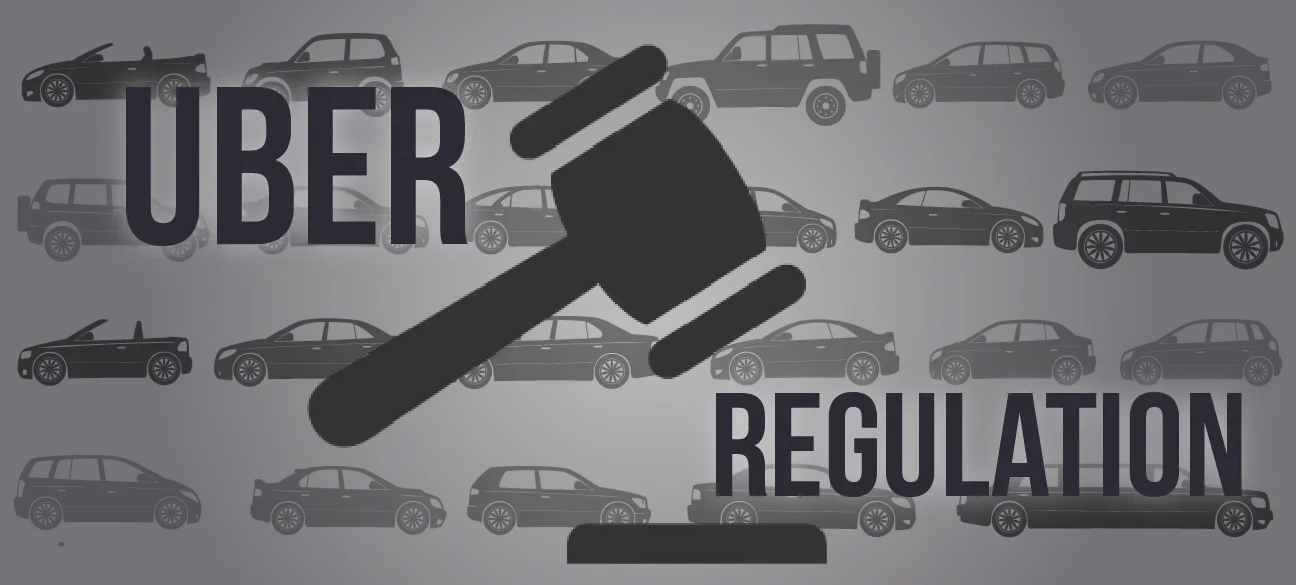 Uber has become a celebrity among startups, known for its innovation, motivation, and determination to always win. Cities and legislators have had a difficult time keeping up with the booming growth of the company, as the very concept the business is built upon is new and revolutionary. With each new city entered, Uber faces a challenge and different regulatory obstacle from city officials and taxi industry supporters. Each place is approached and handled differently, but all with the same passion and fierce competitive spirit to successfully operate in a new market. Below are three recent battles Uber has fearlessly taken on.
Uber has become a celebrity among startups, known for its innovation, motivation, and determination to always win. Cities and legislators have had a difficult time keeping up with the booming growth of the company, as the very concept the business is built upon is new and revolutionary. With each new city entered, Uber faces a challenge and different regulatory obstacle from city officials and taxi industry supporters. Each place is approached and handled differently, but all with the same passion and fierce competitive spirit to successfully operate in a new market. Below are three recent battles Uber has fearlessly taken on.
San Francisco
San Francisco, California, the birthplace of Uber, is the very place recently involved in a court ruling that will significantly change the rideshare business model, that is, if Uber is unable to appeal the decision. The California Labor Commissioner ruled that rideshare drivers must be classified and treated as employees as opposed to contractors. Currently, drivers are considered independent contractors, which frees the company from any on-the-job expenses, health insurance, paid vacation time, and many other costly benefits.
Uber argues their contractor classification, citing the belief that the ride-hailing service is no more than a technological tool to connect drivers and passengers, rather than a full-fledged transportation service. The company has already appealed the decision in the San Francisco Superior Court. However, if this ruling is not overturned and holds true, the rideshare business model faces the threat of destruction, or at least significant change. Drivers would be entitled to minimum wage and overtime pay, not to mention the possibility of insurance and additional benefits.
On one hand, this ruling could be seen as beneficial for certain jobseekers, taxi competitors, and legislators. However, on the other hand, this decision could be detrimental for the countless businesses built on digital platforms that utilize a sharing economy. If all workers must be considered employees, company costs will increase, thus forcing service prices to dramatically increase for users. This will shake the foundation of companies like Uber who are built on the promise of low-cost, on-demand service for users, and flexible, quick income for workers.
New York
In a turn of events, Uber drivers and supporters were the attendees of a protest outside of New York City Hall, rather than the typical group of taxi drivers. After recently winning a regulatory battle in NYC about software update approvals, the company is once again involved in a battle with city legislators. The city is considering issuing a temporary freeze of the supply of for-hire vehicle licenses while a traffic study, approximately one year in length, is conducted. This study will investigate the effect the recent increase in taxicabs and for-hire vehicles has on congestion in New York City.
Representatives at Uber are arguing against this proposal, questioning the legitimacy of the study and if the true motive is a concern of air quality and traffic congestion. Rather, they say, the study is a front to limit overall competition, which will only hurt the citizens of New York through potential job loss. The transportation committee is fighting back and time will tell whether Uber is limited or pulls through with a victory in NYC again.
Portland
Portland, Oregon has been the location of a long, attention-grabbing battle for Uber to enter and operate in the city. It all started in December 2014 when the ride-share service began operating illegally without the permission of city officials. As the battle between Uber and city officials began, the company threw a launch party and created Portland-specific marketing materials, essentially taunting the mayor and transportation commissioner. Not surprisingly, this resulted in the city suing and shutting-down all Uber operations in Portland.
No stranger to legal action, Uber lobbyists descended upon Portland to work with city officials to reach a compromise. The months following were filled with protests led by angry cab drivers, endless meetings with city council, and aggressive communications from the Uber team. Eventually, city officials recognized that they could not hold the company back much longer and approved a 120-day trial operating period. Official ride-hailing regulations are still in the works, but the city did remove the rate cap for taxi rides in an attempt to appease the angry Portland taxi drivers.
News sources used in this article:
